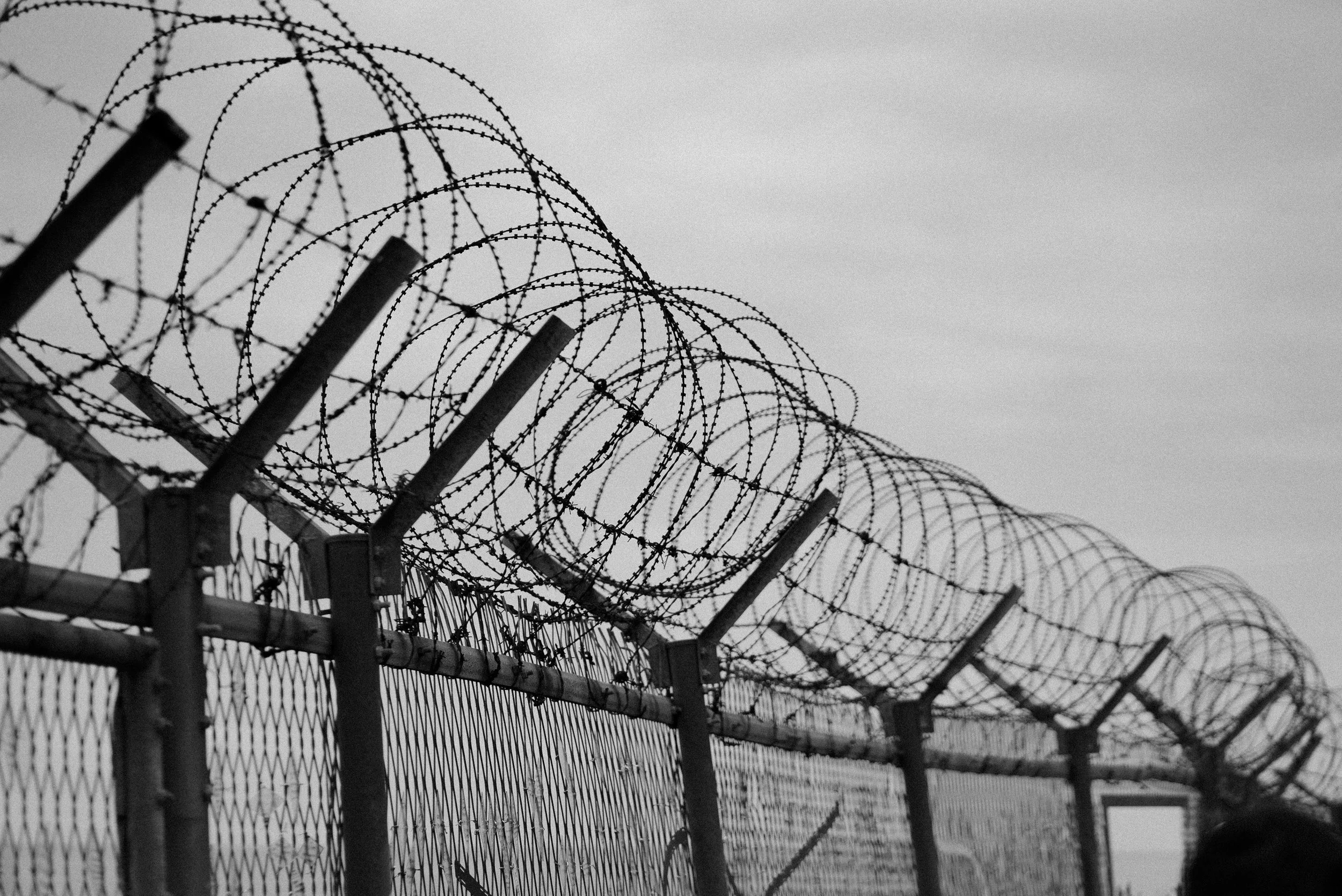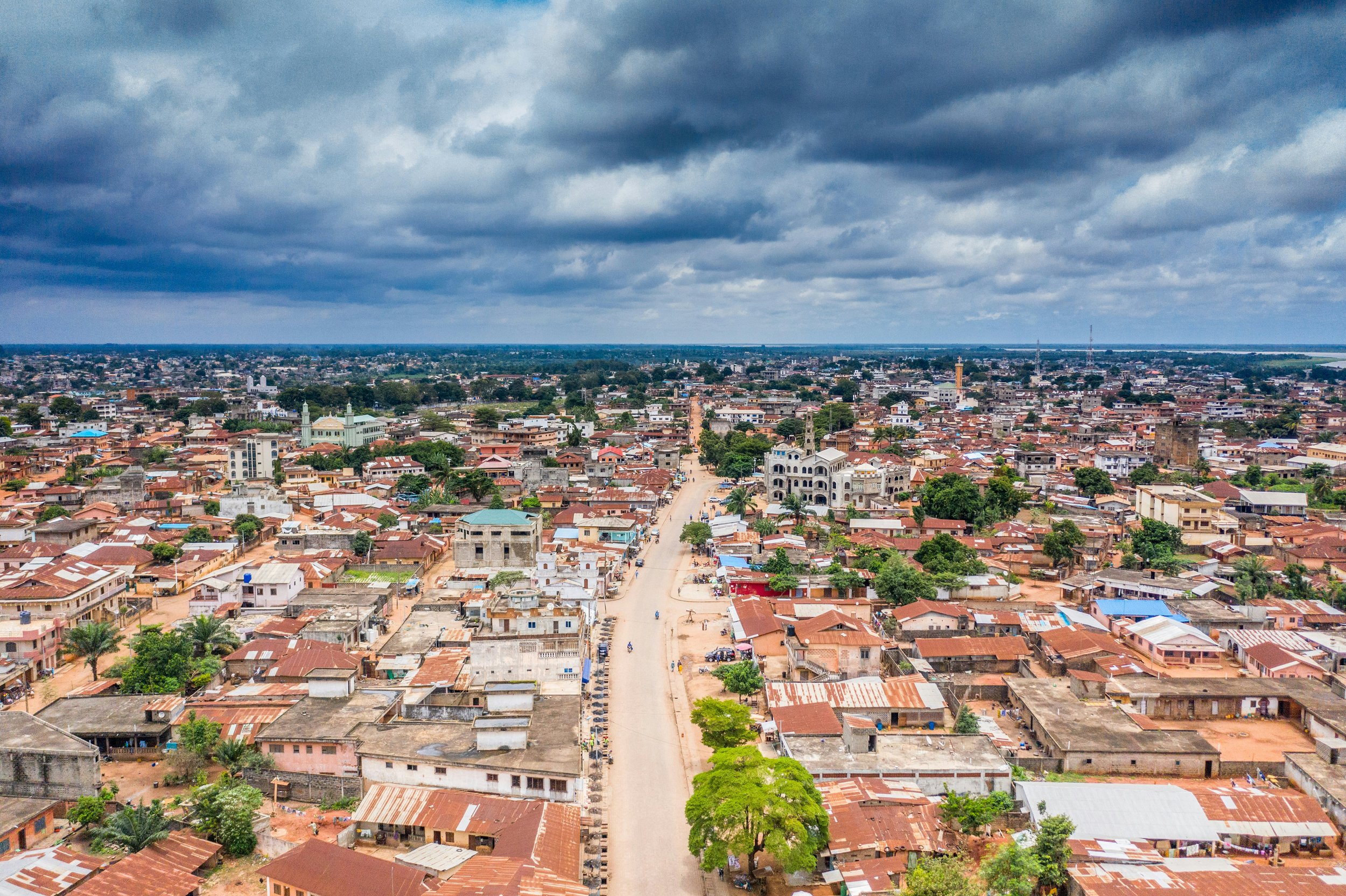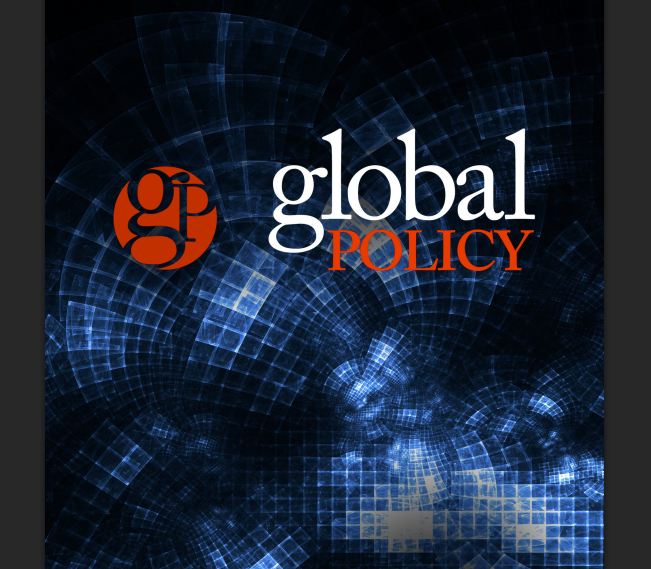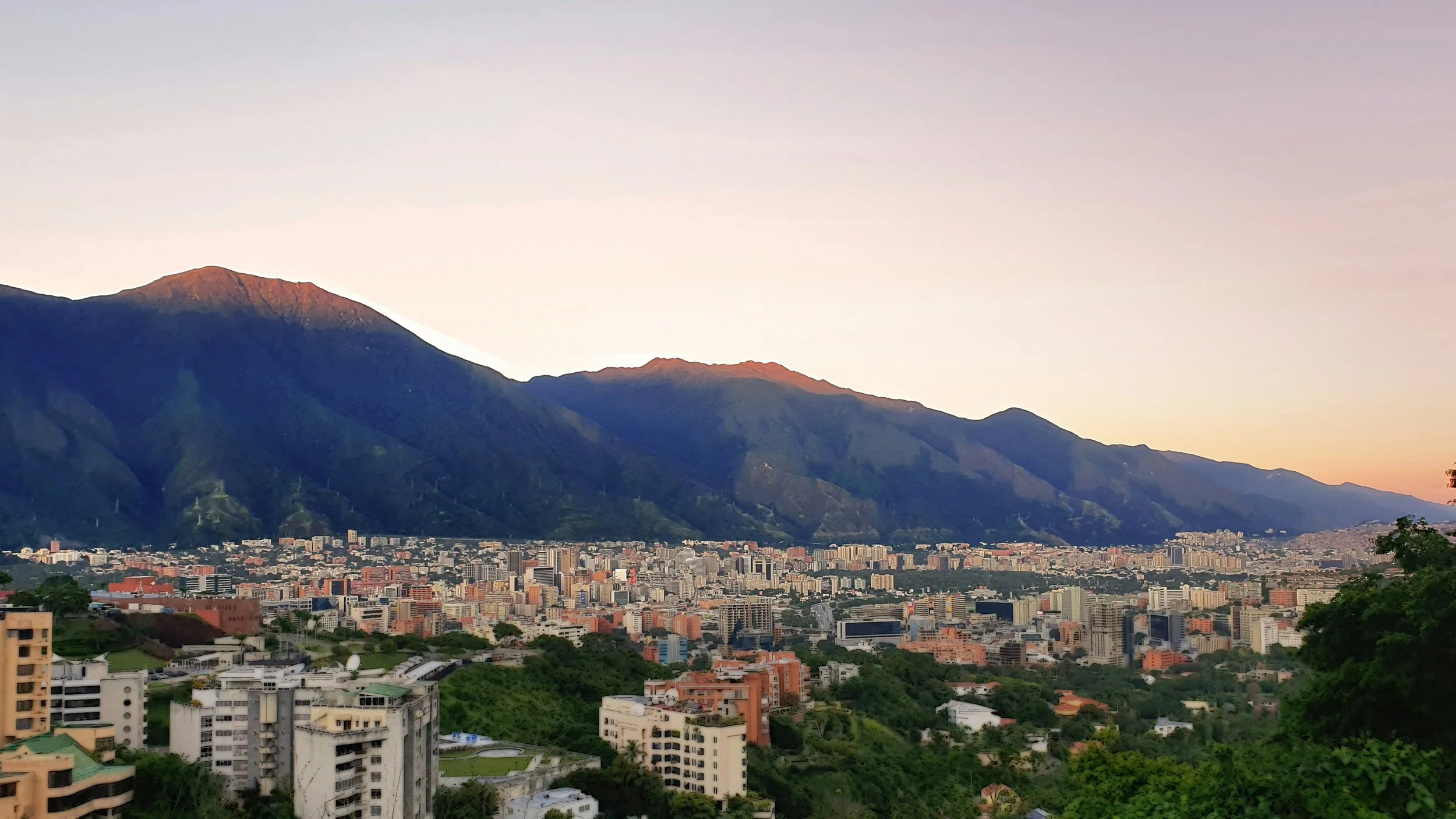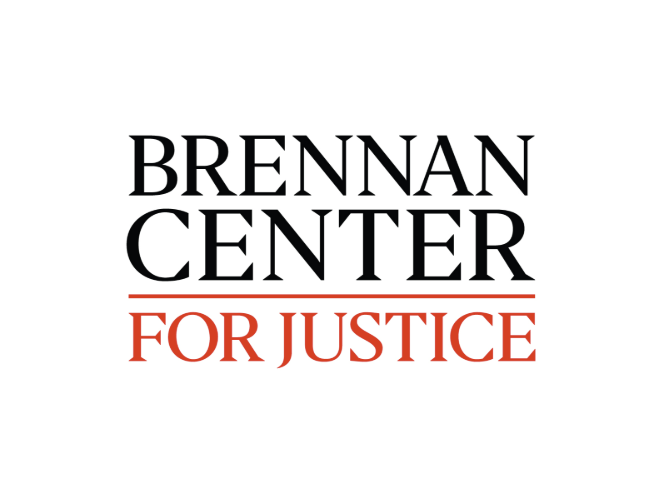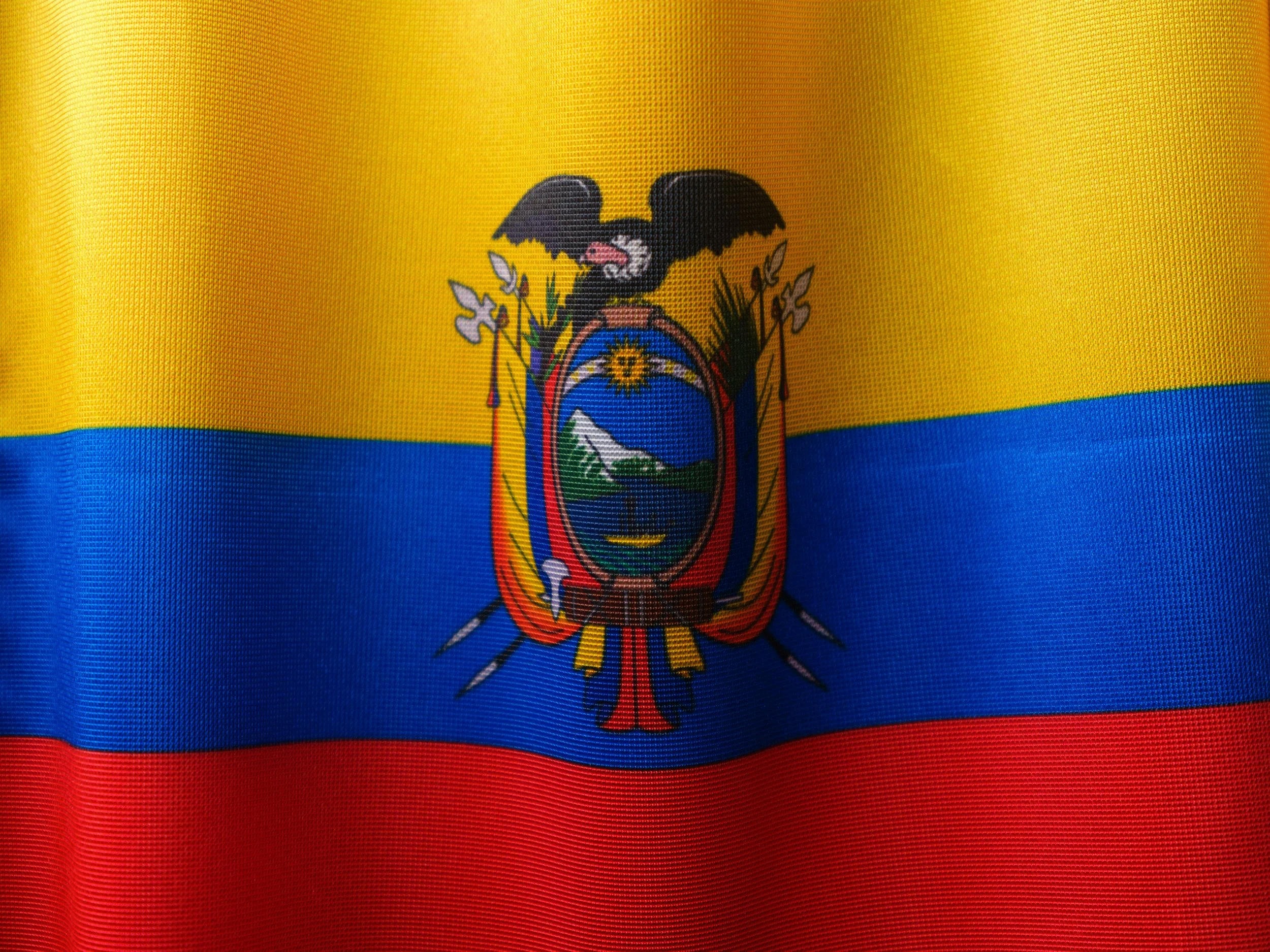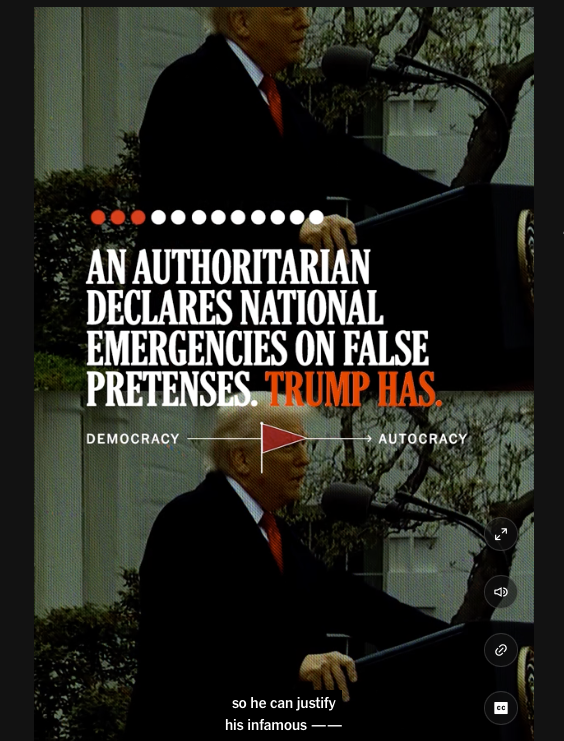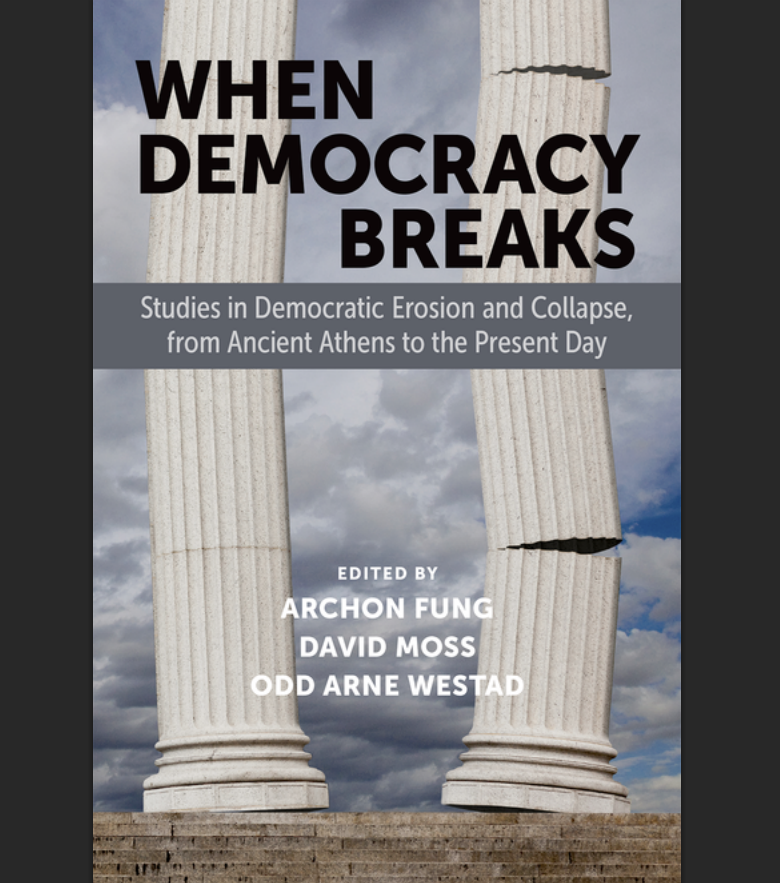INSTITUTE FOR THE STUDY OF STATES OF EXCEPTION
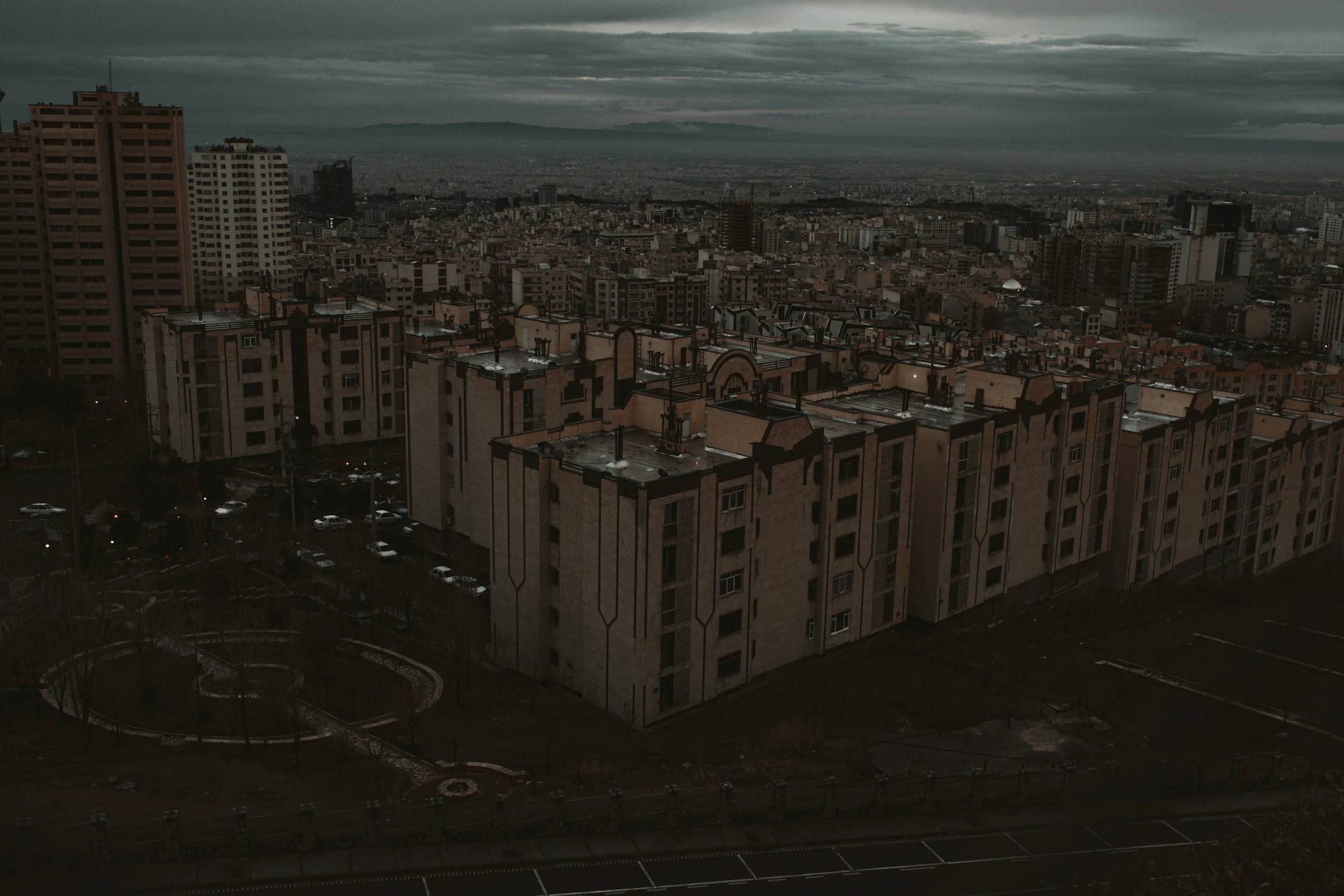
Tracking Abuses of Executive Emergency Powers.
Promoting Informed Dialogue.
The Institute for the Study of States of Exception was founded in response to a troubling global trend: when suspensions of rule of law, known as states of exception typically invoked under executive emergency powers, are deployed not so much because of an emergency, but instead with the aim of increasing and consolidating unchecked executive authority. Our goal is to serve as a global hub for scholarship, community, and raising awareness regarding this increasingly common threat to rule of law and democratic principles.
Explore our work, contribute to the conversation, and support our mission to build a more resilient, democratic world.
“The state of exception appears to have become the rule, not only in the legal sense but in the structural sense of how power operates today.”
— Achille Mbembe (Necropolitics, 2003)
Featured Content:
The U.S. capture of Venezuelan President Nicolás Maduro represents a striking assertion of state power beyond established international norms. Seizing a foreign leader by military force, whether that leader’s legitimacy is disputed or not, without international authorization or lawful justification undermines the basic rules designed to restrain conflict and protect sovereignty, including those set out in the United Nations Charter. Such actions do not occur in isolation; they reflect a broader pattern in which governments increasingly treat legal constraints as optional when exercising power. ISSE examines this episode as an example of how the normalization of exceptional measures erodes accountability and weakens the legal guardrails that underpin both international order and democratic governance.
In late December 2025, renewed media attention turned to Centro de Confinamiento del Terrorism (CECOT), El Salvador’s flagship mega-prison, after CBS news executives postponed a 60 Minutes broadcast of an investigative report about the facility, called “Inside CECOT.” While the media controversy itself is newsworthy, the importance of the investigative report highlights another important reality: CECOT is not an anomaly or a temporary security measure, but a central institution of a state of exception that has now governed El Salvador for nearly four uninterrupted years. On December 22, 2025, American journalist Yashar Ali claimed to have obtained a video portion of the postponed investigative report, and published it on his Substack “The Reset.” Ali’s Substack, and the included video portion alleged to be part of the postponed 60 Minutes segment, is included here by ISSE for research and informational purposes only.
An accelerating trend toward unilateral executive action has characterized the post-Cold War American presidency. Confronted with intense partisan polarization and the resulting legislative stalemate, presidents have increasingly resorted to the tools of direct authority—executive orders, memoranda, and proclamations—to bypass a gridlocked Congress and enact their policy agendas.
The most potent tool is the declaration of a national emergency. This action unlocks a litany of latent statutory powers, allowing a president to redirect funds, deploy military personnel, and regulate sectors of the economy with minimal immediate oversight. This practice represents a fundamental shift in the locus of policymaking, moving it from the deliberative, legislative sphere to the decisive, executive one.
The expanding use of presidential emergency powers is an effect of the secular decline of public faith in the nation’s core democratic institutions. Decades of data indicate that citizens are losing confidence in our constitutional system of checks and balances to address pressing problems. This loss of confidence suggests that citizens become more amenable to leaders who promise to cut through procedural constraints, thereby rewarding unilateralism and further eroding the norms of deliberative democracy. It creates a self-perpetuating cycle of distrust and overreach, in which each unilateral act delegitimizes the bypassed institutions, reinforcing public cynicism and increasing the political demand for executive action.
Economic Community of West African States (ECOWAS) declared a state of emergency across West Africa following a series of recent coups and failed military mutinies across the region. The announcement was made by ECOWAS Commission President Omar Touray during ECOWAS’ 55th session of the Mediation and Security Council held in Abuja on December 9, 2025. On December 8, Nigerian fighter jets and ground troops moved to help restore order after a foiled coup attempt in Benin. Nigerian President Bola Tinubu sent fighter jets to assert control over Benin's airspace on Sunday as his close ally, Benin President Patrice Talon, tried to put down the coup attempt.
ECOWAS is a regional group of 12 West African nations currently, including Benin, Cabo Verde, Côte d’Ivoire, The Gambia, Ghana, Guinea, Guinea-Bissau, Liberia, Nigeria, Senegal, Sierra Leone, and Togo, focused on economic integration, free trade, and promoting peace. Mali, Burkina Faso, and Niger were all recent member states but announced their withdrawal in early 2024.
In December 2025, Lithuania declared a state of emergency following repeated airspace incursions by unmanned balloons launched from neighboring Belarus, which authorities described as part of a broader hybrid threat affecting public safety and border security. Notably, the emergency was declared not by executive decree but by Lithuania’s parliament, the Seimas, acting under clear constitutional authority. The declaration is strictly time-limited, subject to legislative oversight, and embedded within ordinary constitutional procedures rather than suspended from them. As democracies increasingly invoke emergency powers in response to unconventional security challenges, Lithuania’s approach offers a contemporary example of how states can confront perceived threats while preserving parliamentary control and guarding against the normalization of exceptional measures.
Neither the declaration of war nor the use of emergency powers suspends fundamental human rights and humanitarian norms. Even in war, the principle of distinction under international humanitarian law, notably the Geneva Conventions, protects civilians. A drug boat, however illicit its cargo, is not a military target. Those on board remain civilians especially if there is no clear way of identifying them as combatants – or in this case, suspected gang members. From a human rights perspective, the International Covenant on Civil and Political Rights is equally clear. The right to life, protected under international law, cannot be suspended even under a declared national security emergency. Emergencies do not justify taking a life on the mere assumption of criminality. This is both arbitrary and unlawful. The same applies to due process. Every individual has the right to a fair trial before being deprived of his liberty, and even more so, his life. Drug trafficking is not a capital crime that would warrant a death sentence, and even if it were, punishment still requires trial and conviction. The bombings, therefore, would be extrajudicial punishment.
The United States Government has deployed a large military task force to the waters in the Caribbean Sea, while making a variety of threats against the government of Venezuela and against drug traffickers it alleges are operating in that country and elsewhere. It is also conducting a campaign of killings against alleged drug traffickers, using drones and aircraft to attack and destroy small boats without warning far from U.S. shores, in almost every instance leaving no survivors.
The first part of this essay describes the Trump administration’s threats of military force against Venezuela and its killings of alleged drug traffickers in small boats in the Caribbean, providing an analysis of relevant law. The concluding section, “States of Emergency: The Wars Abroad and the Wars at Home,” examines how the administration has combined narratives about the drug trade, terrorism, and immigration to assemble a legal and ideological toolbox for the construction of an authoritarian state.
On November 5, the Supreme Court heard oral argument in a case testing the limits of presidential emergency powers. At issue is whether a president may use the International Emergency Economic Powers Act (IEEPA) to impose sweeping tariffs on imports from countries around the world.
The stakes of this case reach far beyond trade policy. The Court’s decision could shape whether the use of emergency powers to bypass Congress becomes a tool of routine governance, with profound implications for the constitutional separation of powers and limits on presidential authority.
The case arose after President Trump declared three national emergencies to impose tariffs on Canada, Mexico, and China, followed by a fourth national emergency to impose a 10 percent global tariff plus “reciprocal” tariffs of up to 50 percent on selected countries and corporations. He justified each of these measures as a response to an “unusual and extraordinary threat” to U.S. national security, foreign policy, and/or the economy.
A number of corporations and states responded by filing suit in federal court. The Brennan Center has filed friend-of-the-court briefs in several of these cases, arguing that longstanding trade imbalances do not constitute an emergency or an “unusual and extraordinary threat” and that IEEPA does not authorize the president to impose tariffs. The Court will now determine whether the statute gives presidents a “tariff pen” that can bypass Congress entirely.
Since late 2024, Ecuador has been governed under recurring states of exception declared by President Daniel Noboa, reflecting a sustained reliance on emergency powers to confront what authorities describe as grave internal disturbance. These measures (triggered by escalating gang violence, organized crime, and threats to public security) have covered multiple provinces and key urban areas, and have been repeatedly renewed for fixed periods (often 30 or 60 days). Under Ecuador’s constitutional framework, states of exception permit the temporary suspension of certain fundamental rights, expanded police and military deployment, curfews, and enhanced search and seizure authorities. While framed as necessary to restore order amid an unprecedented security crisis, the persistence and normalization of emergency governance in Ecuador raise significant questions about proportionality, democratic oversight, and the long-term implications for rule of law.
This November 2025 report from the Center for Economic and Policy Research discusses recent developments beginning in mid-September 2025 when Noboa moved to eliminate Ecuador’s long-standing diesel subsidies, a politically volatile decision that reignited protests and a national strike reminiscent of earlier Indigenous-led uprisings that had nearly toppled previous governments. Although the demonstrations were ultimately more limited in scope, the government’s response involved violent repression, resulting in at least three protester deaths, hundreds of arrests and injuries, and widespread allegations of human rights abuses condemned by international organizations.
Noboa next pushed a referendum (rejected by Ecuadorians during a November 16th vote taken subsequent to this report’s publication) featuring controversial proposals to convene a constituent assembly to rewrite the constitution and to lift the ban on foreign military bases, which critics warned would undermine constitutional rights, sovereignty, and human rights, amid an uneven campaign heavily favoring the government.
Concurrently, Noboa’s militarized security strategy has failed to curb violence, with homicide rates projected to reach historic highs in 2025, with documented cases of enforced disappearance, even as the United States continues to support the administration’s security agenda.
The views expressed in the excerpted New York Times Editorial Board opinion below are solely those of its authors. They do not reflect the views, positions, or policy recommendations of the Institute for the Study of States of Exception (ISSE), which does not take institutional positions on editorial commentary. The material is presented to illustrate a perspective relevant to ongoing debates concerning emergency powers and governance.
When you hear the word “autocracy,” the United States is rarely a country that comes to peoples’ minds. Right? Well according to these twelve red flags of democratic erosion, America has moved in the direction of autocracy, thanks to the efforts of President Donald Trump. The third red flag of democratic erosion, depicted in the linked video, is declaring national emergencies on false pretenses, which the New York Times Editorial Board indicates has already taken place since President Trump was inaugurated in early 2025.
First aired on July 11, 2024, following her remarks at the Chautauqua Institution, Elizabeth Goitein here explores the historical use and abuse of statutory emergency powers by U.S. presidents, emphasizing their infrequent invocation and the ethical implications, particularly highlighted by President Trump's controversial declaration during his first term for border wall funding. Goitein underscores bipartisan efforts for reform following these events, including proposed legislation to restrict the duration of emergency declarations. Goitein cautions against using emergency powers for long-standing issues like climate change, emphasizing their intended temporary and crisis-oriented nature in constitutional governance.
On December 4, 2025, the three judge U.S. Court of Appeals for the District of Columbia Circuit granted the Trump Administrations’s request to halt a lower court judge’s November 20, 2025, order concluding that President Trump’s deployment of 2000 National Guard troops to Washington, D.C., was illegal. The November 20 order had been postponed by the lower court’s judge from coming into effect until December 11, 2025, in order to give the Trump Administration time to appeal the decision. Initially, the D.C. attorney general had filed suit in September over the deployment, following President Trump’s August announcement that he would take over the city’s police department in conjunction with the National Guard deployments. As a result of the December 4, 2025, ruling, this suit filed by the D.C. attorney general will now continue.
Democracy and authoritarianism have been historically bound in a complex and sometimes intimate relationship. The global emergence of quite a few democratically elected authoritarian leaders today has made explicit what had always been an underlying feature of the history of democratic practice. The authoritarian strain was perhaps more marked in countries aspiring to democracy by shedding an inheritance of colonial despotism. India’s experiment with democracy after winning independence from British rule offers a fascinating case study of the struggle to establish democratic norms amid the lure of falling back on the structures of an authoritarian legacy.
On November 29, 2025, the Former JAGs Working Group issued a statement concerning the lethal strikes taken by the US Military on September 2, 2025, against a civilian boat allegedly carrying narcotics. The statement, which is linked here, is unequivocal in its conclusion that if the second strike, which targeted two survivors of the initial strike, occurred as was reported by both the Washington Post and CNN, then the giving and execution of the order to kill the survivors constituted a war crime, murder, or both.
From the point of view of ISSE, the September 2 strike that reportedly killed eleven civilians, and subsequent strikes against civilian boats that are reported to have killed over seventy additional civilians, are connected to, and logically flow from, the administration's use of emergency powers.
Carl Schmitt was a German jurist, political theorist, and author known for his controversial association with the Nazi regime. He is influential in political thought for his concepts, particularly the idea that the sovereign is "one who decides on the exception" and that politics is defined by the “friend-enemy” distinction. His work was highly critical of liberal democracy and influential in the development of authoritarian political theory, and is for the most part unavoidable when discussing theory around states of exception.
The new Blood Work podcast series takes on Schmitt’s work in this November 19, 2025, episode entitled “Crock of Schmitt.”
On November 5, 2025, the U.S. Supreme Court heard oral arguments for nearly three hours in the combined tariffs cases, now identified as Trump v. V.O.S. Selections Inc., No. 25-250, and Learning Resources Inc. v. Trump, No. 24-1287, litigating U.S. President Donald Trump’s use of emergency powers under the International Emergency Economic Powers Act (IEEPA), 50 U.S.C.§1701 et seq., to impose tariffs. No date for the decision has been formally identified as yet but some estimates suggest a decision could be rendered as early as mid-December 2025, but a decision must be issued by the time the Supreme Court's current term ends in June 2026 at the absolute latest. ISSE will provide an update once a decision is rendered.
The COVID-19 pandemic has renewed attention to the entanglement of politics, health, and the governance of life. Measures such as lockdowns, vaccination campaigns, digital contact tracing, and quarantine protocols reveal that public health policy operates not merely as a technical or medical response, but as a form of political power acting directly upon bodies and populations. By examining how states enacted exceptional measures under conditions of crisis, this paper highlights both the potency and the fragility of sovereign control. Comparative case studies demonstrate how legal frameworks, political cultures, and ideological assumptions shape not only policy responses but also the differential valuation of life during health emergencies. Ultimately, the article argues that public health crises are not solely biomedical events, but deeply political phenomena.
The article addresses Giorgio Agamben's critical commentary on the global governance of the COVID-19 pandemic as a paradigm of his political thought. While Agamben's comments have been criticized as exaggerated and conspiratorial, they arise from the conceptual constellation that he has developed starting from the first volume of his Homo Sacer series. At the centre of this constellation is the relation between the concepts of sovereign power and bare life, whose articulation in the figure of homo sacer Agamben traces from Antiquity to the present. We shall demonstrate that any such articulation is impossible due to the belonging of these concepts to different planes, respectively empirical and transcendental, which Agamben brings together in a problematic fashion. His account of the sovereign state of exception collapses a plurality of empirical states of exception into a zone of indistinction between different exceptional states and the normal state and then elevates this very indistinction to the transcendental condition of intelligibility of politics as such. Conversely, the notion of bare life, originally posited as the transcendental condition of possibility of positive forms of life, is recast as an empirical figure, whose sole form is the absence of form. We conclude that this problematic articulation should be abandoned for a theory that rather highlights the non-relation between sovereign power and bare life, which conditions the possibility of resistance and transformation that remains obscure in Agamben's thought.
In the aftermath of Donald Trump’s return to the White House, a flurry of executive orders and memoranda has once again brought the concept of “national emergency” to the forefront of American governance. Within hours of taking office, the administration declared a “national emergency at the southern border,” villainized immigration, and raised the specter of a “border emergency” vaguely connected with a threat of “foreign terrorist organizations.” At first glance, these actions might resemble a continuation of tactics from Trump’s previous term, especially his 2019 declaration of a national emergency at the border. On closer inspection, however, the administration’s actions stretch well beyond traditional emergency contexts of national security or foreign policy, seeping into what were once ordinary spheres of domestic governance. Two separate executive orders, for example, both announce the existence of a “national energy emergency” and instruct relevant agencies to address the “emergency.” A separately presidential memorandum directed federal agencies to “deliver emergency price relief” by taking actions to reduce costs of housing, food, and fuel.
On October 31, 2025, ISSE’s Governing Board Chair Ed Bogan appeared on Michael Weiss’s “Foreign Office” podcast series, in an episode entitled “Former CIA Officer Ed Bogan on War, Ukraine, and the Limits of American Values - States of Exception.” During that episode, Ed talked extensively about the ongoing war in Ukraine, but also talked about ISSE’s purpose and plans now that the nonprofit is up and running.

The U.S. capture of Venezuelan President Nicolás Maduro represents a striking assertion of state power beyond established international norms. Seizing a foreign leader by military force, whether that leader’s legitimacy is disputed or not, without international authorization or lawful justification undermines the basic rules designed to restrain conflict and protect sovereignty, including those set out in the United Nations Charter. Such actions do not occur in isolation; they reflect a broader pattern in which governments increasingly treat legal constraints as optional when exercising power. ISSE examines this episode as an example of how the normalization of exceptional measures erodes accountability and weakens the legal guardrails that underpin both international order and democratic governance.
In late December 2025, renewed media attention turned to Centro de Confinamiento del Terrorism (CECOT), El Salvador’s flagship mega-prison, after CBS news executives postponed a 60 Minutes broadcast of an investigative report about the facility, called “Inside CECOT.” While the media controversy itself is newsworthy, the importance of the investigative report highlights another important reality: CECOT is not an anomaly or a temporary security measure, but a central institution of a state of exception that has now governed El Salvador for nearly four uninterrupted years. On December 22, 2025, American journalist Yashar Ali claimed to have obtained a video portion of the postponed investigative report, and published it on his Substack “The Reset.” Ali’s Substack, and the included video portion alleged to be part of the postponed 60 Minutes segment, is included here by ISSE for research and informational purposes only.
An accelerating trend toward unilateral executive action has characterized the post-Cold War American presidency. Confronted with intense partisan polarization and the resulting legislative stalemate, presidents have increasingly resorted to the tools of direct authority—executive orders, memoranda, and proclamations—to bypass a gridlocked Congress and enact their policy agendas.
The most potent tool is the declaration of a national emergency. This action unlocks a litany of latent statutory powers, allowing a president to redirect funds, deploy military personnel, and regulate sectors of the economy with minimal immediate oversight. This practice represents a fundamental shift in the locus of policymaking, moving it from the deliberative, legislative sphere to the decisive, executive one.
The expanding use of presidential emergency powers is an effect of the secular decline of public faith in the nation’s core democratic institutions. Decades of data indicate that citizens are losing confidence in our constitutional system of checks and balances to address pressing problems. This loss of confidence suggests that citizens become more amenable to leaders who promise to cut through procedural constraints, thereby rewarding unilateralism and further eroding the norms of deliberative democracy. It creates a self-perpetuating cycle of distrust and overreach, in which each unilateral act delegitimizes the bypassed institutions, reinforcing public cynicism and increasing the political demand for executive action.
Economic Community of West African States (ECOWAS) declared a state of emergency across West Africa following a series of recent coups and failed military mutinies across the region. The announcement was made by ECOWAS Commission President Omar Touray during ECOWAS’ 55th session of the Mediation and Security Council held in Abuja on December 9, 2025. On December 8, Nigerian fighter jets and ground troops moved to help restore order after a foiled coup attempt in Benin. Nigerian President Bola Tinubu sent fighter jets to assert control over Benin's airspace on Sunday as his close ally, Benin President Patrice Talon, tried to put down the coup attempt.
ECOWAS is a regional group of 12 West African nations currently, including Benin, Cabo Verde, Côte d’Ivoire, The Gambia, Ghana, Guinea, Guinea-Bissau, Liberia, Nigeria, Senegal, Sierra Leone, and Togo, focused on economic integration, free trade, and promoting peace. Mali, Burkina Faso, and Niger were all recent member states but announced their withdrawal in early 2024.
In December 2025, Lithuania declared a state of emergency following repeated airspace incursions by unmanned balloons launched from neighboring Belarus, which authorities described as part of a broader hybrid threat affecting public safety and border security. Notably, the emergency was declared not by executive decree but by Lithuania’s parliament, the Seimas, acting under clear constitutional authority. The declaration is strictly time-limited, subject to legislative oversight, and embedded within ordinary constitutional procedures rather than suspended from them. As democracies increasingly invoke emergency powers in response to unconventional security challenges, Lithuania’s approach offers a contemporary example of how states can confront perceived threats while preserving parliamentary control and guarding against the normalization of exceptional measures.
Neither the declaration of war nor the use of emergency powers suspends fundamental human rights and humanitarian norms. Even in war, the principle of distinction under international humanitarian law, notably the Geneva Conventions, protects civilians. A drug boat, however illicit its cargo, is not a military target. Those on board remain civilians especially if there is no clear way of identifying them as combatants – or in this case, suspected gang members. From a human rights perspective, the International Covenant on Civil and Political Rights is equally clear. The right to life, protected under international law, cannot be suspended even under a declared national security emergency. Emergencies do not justify taking a life on the mere assumption of criminality. This is both arbitrary and unlawful. The same applies to due process. Every individual has the right to a fair trial before being deprived of his liberty, and even more so, his life. Drug trafficking is not a capital crime that would warrant a death sentence, and even if it were, punishment still requires trial and conviction. The bombings, therefore, would be extrajudicial punishment.
The United States Government has deployed a large military task force to the waters in the Caribbean Sea, while making a variety of threats against the government of Venezuela and against drug traffickers it alleges are operating in that country and elsewhere. It is also conducting a campaign of killings against alleged drug traffickers, using drones and aircraft to attack and destroy small boats without warning far from U.S. shores, in almost every instance leaving no survivors.
The first part of this essay describes the Trump administration’s threats of military force against Venezuela and its killings of alleged drug traffickers in small boats in the Caribbean, providing an analysis of relevant law. The concluding section, “States of Emergency: The Wars Abroad and the Wars at Home,” examines how the administration has combined narratives about the drug trade, terrorism, and immigration to assemble a legal and ideological toolbox for the construction of an authoritarian state.
On November 5, the Supreme Court heard oral argument in a case testing the limits of presidential emergency powers. At issue is whether a president may use the International Emergency Economic Powers Act (IEEPA) to impose sweeping tariffs on imports from countries around the world.
The stakes of this case reach far beyond trade policy. The Court’s decision could shape whether the use of emergency powers to bypass Congress becomes a tool of routine governance, with profound implications for the constitutional separation of powers and limits on presidential authority.
The case arose after President Trump declared three national emergencies to impose tariffs on Canada, Mexico, and China, followed by a fourth national emergency to impose a 10 percent global tariff plus “reciprocal” tariffs of up to 50 percent on selected countries and corporations. He justified each of these measures as a response to an “unusual and extraordinary threat” to U.S. national security, foreign policy, and/or the economy.
A number of corporations and states responded by filing suit in federal court. The Brennan Center has filed friend-of-the-court briefs in several of these cases, arguing that longstanding trade imbalances do not constitute an emergency or an “unusual and extraordinary threat” and that IEEPA does not authorize the president to impose tariffs. The Court will now determine whether the statute gives presidents a “tariff pen” that can bypass Congress entirely.


